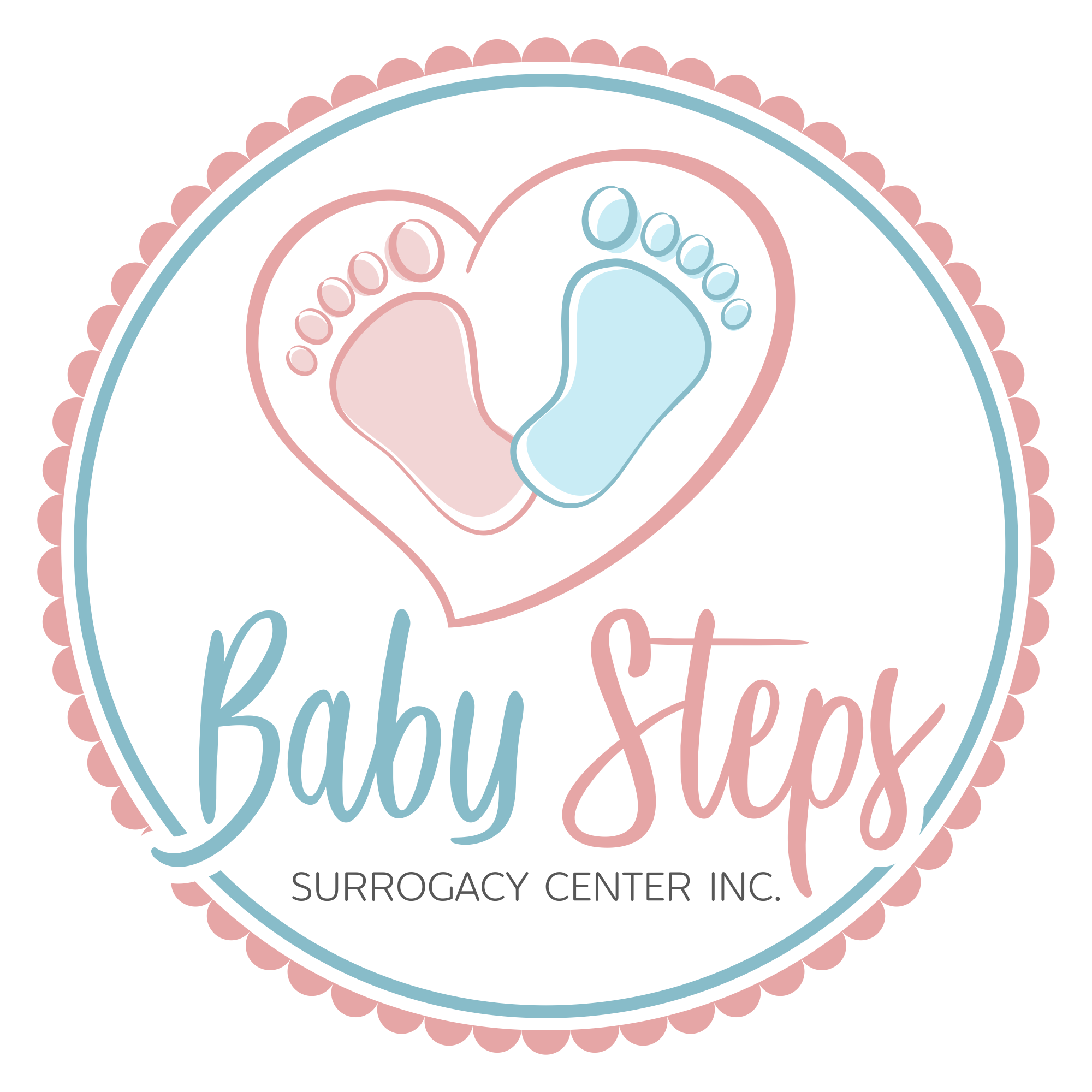Connecticut Surrogacy Laws
Gestational surrogacy is permitted in Connecticut by statute (Conn. Gen. Stat. §7-48a.). In gestational surrogacy situations, the statute orders Vital Records to issue a Connecticut birth certificate naming the intended parents on the birth certificate in accordance with a court order.
Traditional surrogacy is permitted in Connecticut because no statute or case law prohibits it. As a result, both types of surrogacy are permitted and practiced in cities like Bridgeport, New Haven, and Hartford.
Laws Concerning Parentage Orders in Connecticut
Courts can grant pre-birth parentage orders in Connecticut gestational surrogacy cases. Connecticut courts do not grant pre-birth parentage orders in traditional surrogacy cases.
Egg and Sperm Donor Law in Connecticut
Under Connecticut statute, any sperm, egg, or embryo donor or person claiming to be a donor, whether identified or anonymous, has no rights, interests, or obligations in or to any child born as a result of artificial insemination (Conn. Gen. Stat. § 45a-775.).
Connecticut Stepparent and Second-Parent Adoption Law
Connecticut statute allows for a stepparent living in Connecticut to adopt their partner’s child as long as the stepparent is in a committed relationship with the partner.
Fertility Clinics in Connecticut
- Reproductive Medicine Associates of Connecticut, 203-750-7400
- Yale Fertility Center of New Haven, 203-785-4708
- New England Fertility Institute, 203-325-3200
- Center for Advanced Reproductive Services, 844-467-3483
- Hartford Fertility, 860-263-7501
- Greenwich Fertility, 203-863-2990 and 203-286-6810
- Park Avenue Fertility, 203-372-6700 and 855-901-2229
- Center for Advanced Reproductive Services, 860-525-8283
Talk to Baby Steps Surrogacy Center, Inc.
There’s no reason to try to understand complicated Connecticut surrogacy laws without help. Contact the surrogacy professionals at Baby Steps Surrogacy Center, Inc. by calling 412-281-9906 or reach us through the contact buttons at the top of this page.
